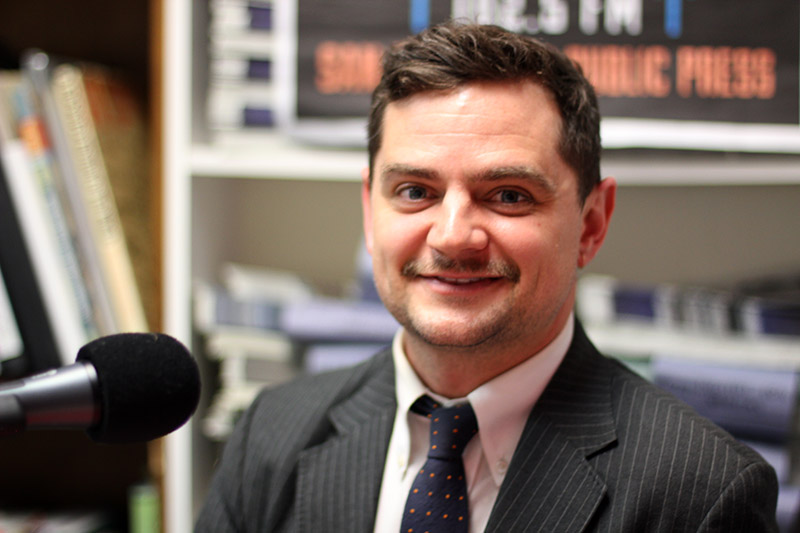Even on main commercial corridors in the city, empty storefronts have raised concerns about blight from merchants, customers and politicians. In response, Supervisor Aaron Peskin drafted a vacancy tax measure that now appears on the March ballot for voter approval as Proposition D. Lee Hepner, a legislative aide to Peskin, explains how the proposed tax is designed to motivate landlords to rent properties, how it could stabilize existing small businesses, and how the city will know if it’s working.
“It’s successful if it’s collected in limited circumstances. I think it’s successful already inasmuch as we’ve seen a couple property owners in our district put up ‘for lease’ signs in their window.” — Lee Hepner
Official opposition to the measure comes from Mark Borsuk, a real estate broker and attorney, the San Francisco Republican Party and Ben Matranga, a West Portal homeowner and small business owner.
Arguments against the tax include that vacancies are natural, and that long-term vacancies are the exception not the rule. Opponents of Proposition D argue that landlords take on financial risk in owning commercial properties, and that the reasons why a property might stay empty for a long time are complex. One reason stores are closing, for example, is the rise of online retail. In terms of efficiency, opponents wrote, the quickest way to fill empty storefronts is for the city to make it easier to rent them by suspending rules that make the process complicated.
Opponents also call the idea that landlords deliberately leave spaces empty to get higher rents an urban myth.
A segment from our radio show, “Civic.” Listen daily at 8 a.m. and 6 p.m. on 102.5 FM in San Francisco.









